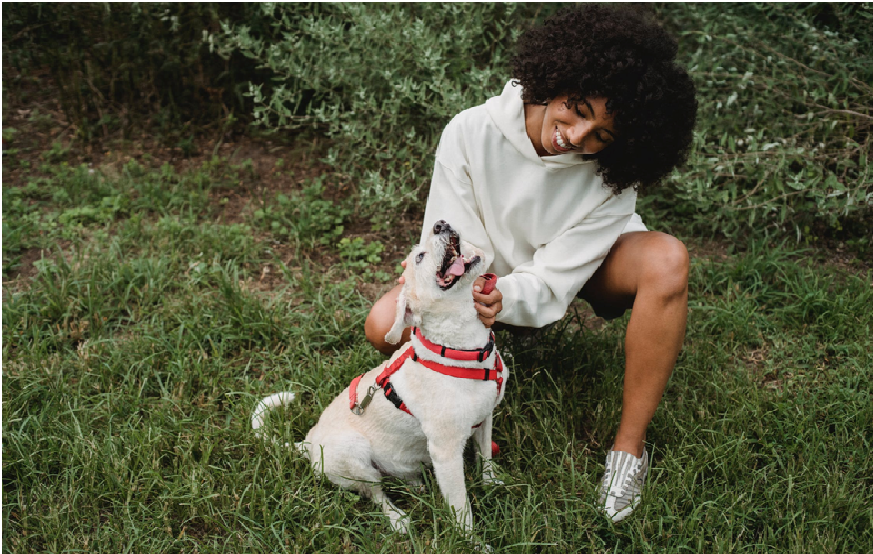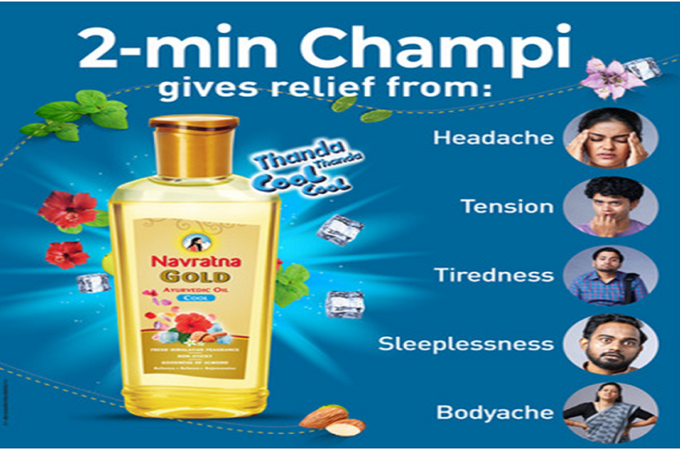
Exploring Health Ailments that Affect our Furry Friends
As the seasons change, the landscape of pet health undergoes a transformation too. From the blistering sun of summer to the brisk winds of winter, each new chapter brings unique challenges to our furry companions’ well-being. So, grab your leash and a mug of something warm, because we’re embarking on a furry-filled journey through the world of seasonal pet ailments!
Summer Sizzle
The scorching days of summer can be unforgiving, especially for brachycephalic breeds (pugs, bulldogs) and pets with thick fur. Watch out for excessive panting, drooling, glazed eyes, and vomiting – telltale signs of heatstroke. Keep your pet cool with shade, water, and air conditioning. Remember, prevention is key: limit walks during peak sun hours and stick to cooler periods for playtime.
Summer also sees a surge in pesky parasites like fleas, ticks, and mosquitoes, notorious for transmitting diseases like Lyme disease and heartworm. Regular preventive medication is your best defense against these uninvited guests. And on walks, be mindful of hot asphalt that can burn your pet’s paw pads. Opt for grassy areas or consider booties for added protection.
Autumn Adventures
As leaves turn golden and the air crisps, autumn brings challenges of its own. Ragweed, mold spores, and other seasonal allergens can trigger itchy skin, sneezing, and runny eyes in susceptible pets. If your furry friend is battling allergies, a trip to the vet can help identify the culprits and find the right treatment.
Damp leaves and fallen fruit create a haven for fungi like ringworm, causing itchy, circular patches of hair loss. Early diagnosis and treatment are crucial to prevent the spread and soothe your pet’s discomfort. Remember, keep your pet on a leash during autumn walks to avoid tempting them with toxic treats like grapes, raisins, and mushrooms.
Winter Whirlwinds
Cold weather poses a threat to pets with thin fur or those who love spending time outdoors. Hypothermia and frostbite are real dangers during winter’s icy grip. Ensure your pet has adequate shelter, warm bedding, and limit outdoor time in extreme temperatures.
Ethylene glycol, the sweet-smelling antifreeze, is highly toxic to pets. Store it securely and be vigilant for spills, which can be deadly if ingested. And beware of rock salt and de-icing chemicals – these can irritate paw pads and cause ingestion problems. Regular paw wiping after walks and consider protective booties for winter expeditions.
Remember, prevention is always the best medicine! Regular veterinary check-ups, a healthy diet, and appropriate exercise go a long way in keeping your pet healthy throughout the year. By being mindful of the seasonal risks and taking necessary precautions, you can ensure your furry friend enjoys every season to the fullest!
Let’s share our furry friends’ seasonal adventures and tips in the comments below! Together, we can create a community of informed pet parents, ensuring our four-legged companions thrive through every season. To learn more, check out the infographic below.

Infographic provided by Scout Veterinary Care, an urgent care vet Chicago





